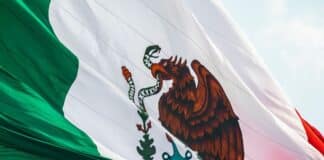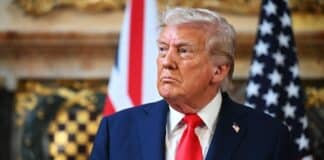The battle over President Donald Trump’s “Liberation Day” tariffs took a dramatic turn Thursday, as a federal appeals court issued an emergency stay reinstating the tariffs. This came just one day after the U.S. Court of International Trade ruled the tariffs illegal and blocked their enforcement. The quick reversal allows the Trump administration’s trade policy to move forward while the legal battle continues.
The tariffs, imposed under the International Emergency Economic Powers Act (IEEPA), target foreign imports as part of Trump’s strategy to strengthen American industries and secure national interests. Critics, including the trade court judges, argue that the tariffs exceed presidential authority. However, White House Press Secretary Karoline Leavitt defended the president’s authority, stating the Constitution and Congress grant the president broad powers in foreign affairs and national security, including economic measures like tariffs.
Leavitt slammed the trade court’s ruling, calling it an “abuse of judicial power” that undermines the president’s constitutional role. She noted that Congress has already addressed the issue by rejecting efforts led by Senator Rand Paul and Democrats to repeal the tariffs, signaling legislative support for Trump’s actions. “The courts should have no role here,” Leavitt declared, emphasizing the danger of federal judges interfering with the president’s ability to protect the country.
The temporary stay puts the case on hold, but the broader legal fight over the scope of presidential power under IEEPA remains unsettled. The dispute underscores a growing tension between the judiciary and the executive branch, with federal courts frequently challenging Trump’s policy decisions, including nationwide injunctions on immigration, border security, and now trade policy. The outcome of this case will have major implications for the limits of presidential authority in future administrations.





